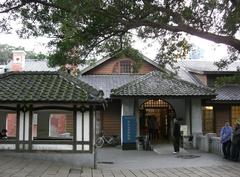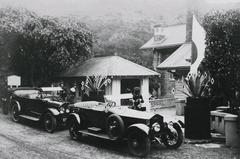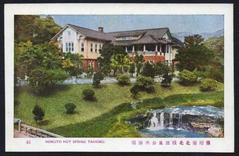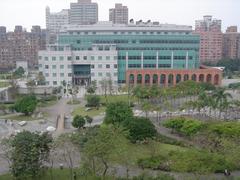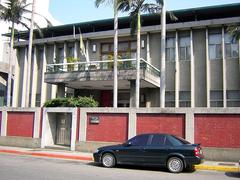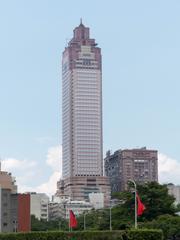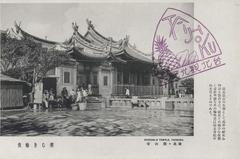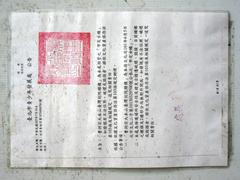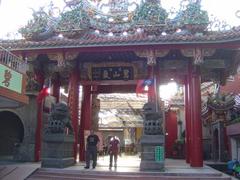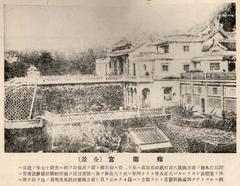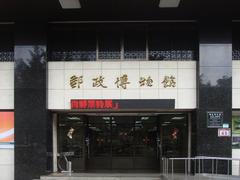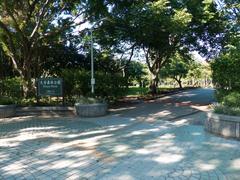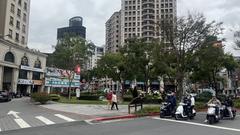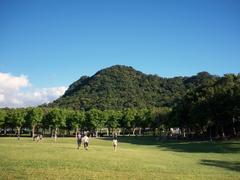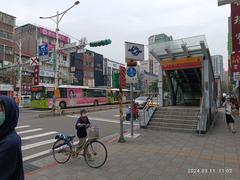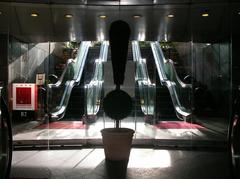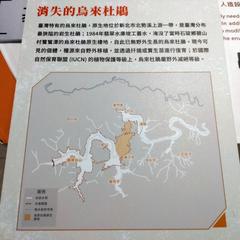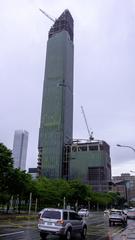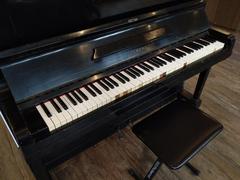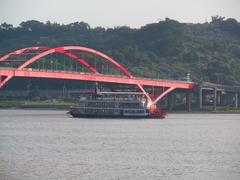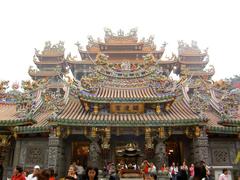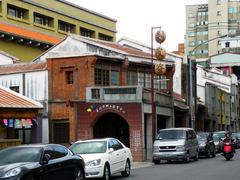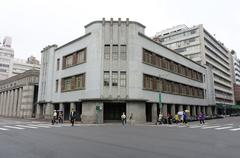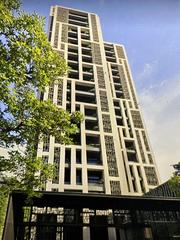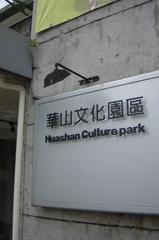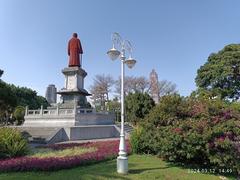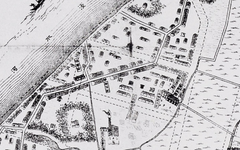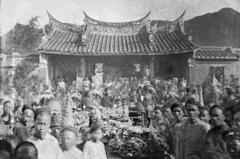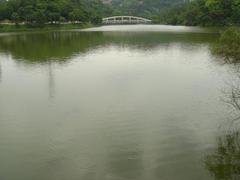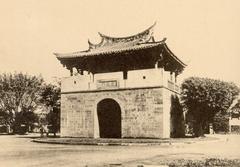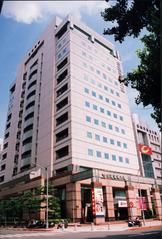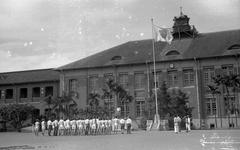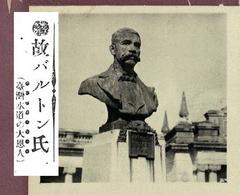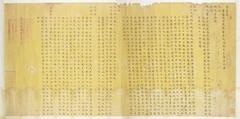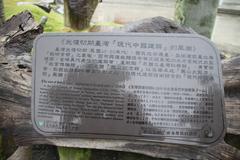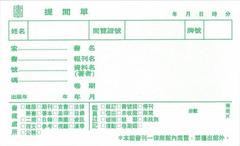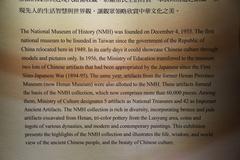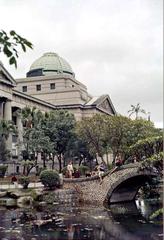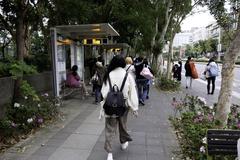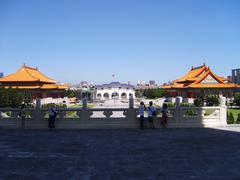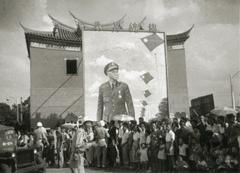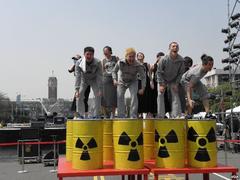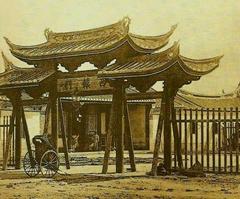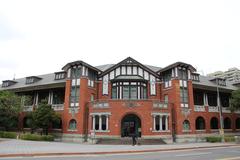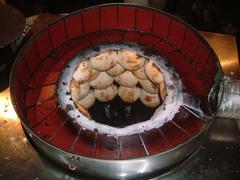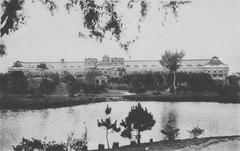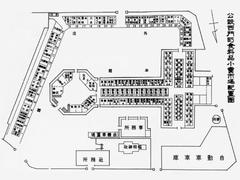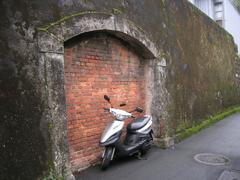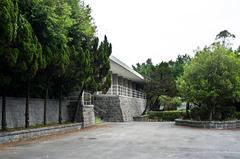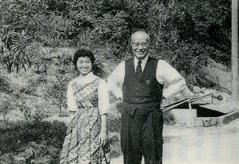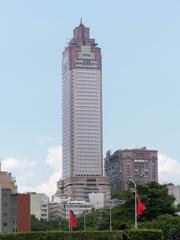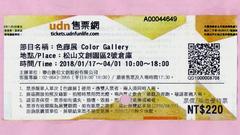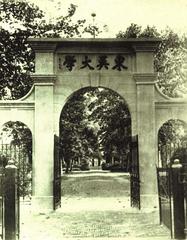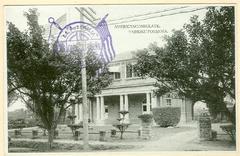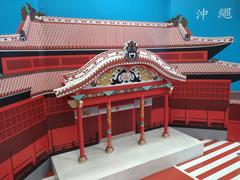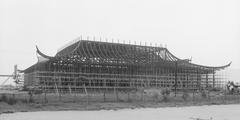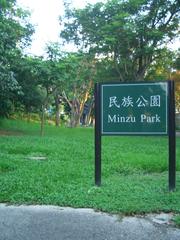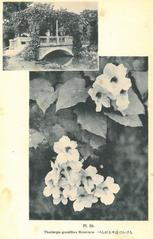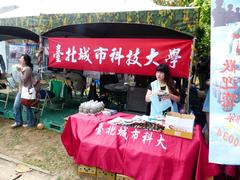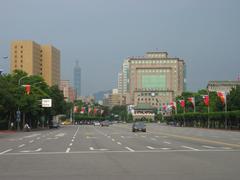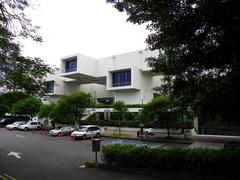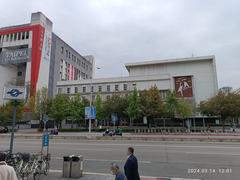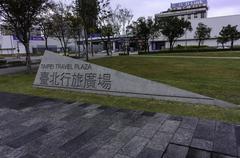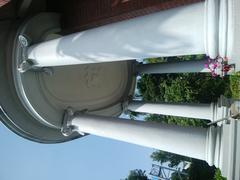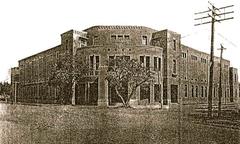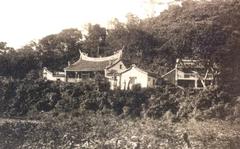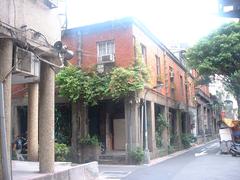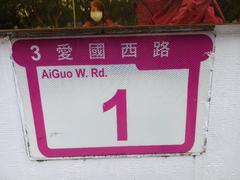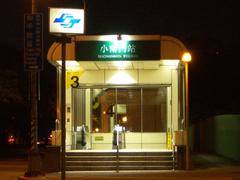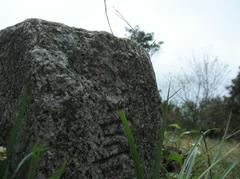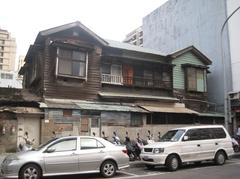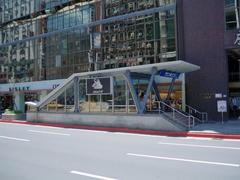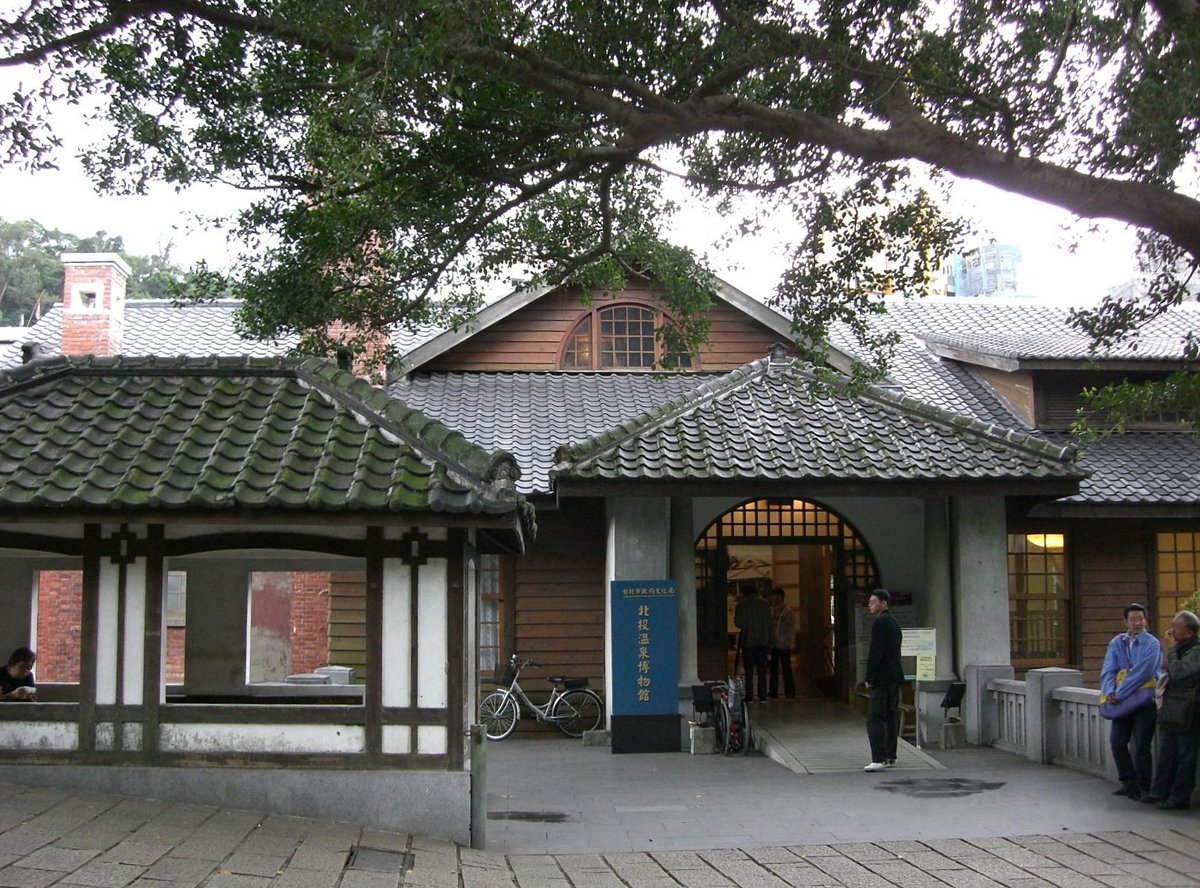
Visiting Beitou Hot Spring Museum: Hours, Tickets, and Travel Tips
Date: 18/07/2024
Introduction
The Beitou Hot Spring Museum, known locally as 北投溫泉博物館, is a historical and cultural gem nestled in the Beitou District of Taipei, Taiwan. This museum offers visitors a fascinating journey through time, showcasing the rich history and cultural significance of the region’s hot spring heritage. Originally constructed in 1913 during the Japanese colonial period, the building served as a public bathhouse and has since been meticulously restored to preserve its unique architectural features. Today, it stands as a testament to the enduring appeal of hot spring culture and the historical ties between Taiwan and Japan (source).
The museum’s exhibits provide a comprehensive overview of the development of Beitou as a hot spring resort, highlighting the area’s transformation from a rural village to a bustling destination for both locals and tourists. The blend of Japanese and Western architectural styles, combined with the museum’s informative displays, offers a unique and immersive experience for visitors. Whether you’re a history buff, an architecture enthusiast, or simply looking to relax in a scenic environment, the Beitou Hot Spring Museum is a must-visit destination in Taipei (source).
Table of Contents
- Introduction
- History of 北投溫泉博物館 (Beitou Hot Spring Museum)
- Exhibits and Cultural Significance
- Visitor Information
- Travel Tips and Nearby Attractions
- Modern-Day Relevance
- FAQ
History of 北投溫泉博物館 (Beitou Hot Spring Museum)
Origins and Early Development
The Beitou Hot Spring Museum’s origins date back to the Japanese colonial period in 1913 when it was initially constructed as the Beitou Public Bathhouse. This period marked significant Japanese investment in infrastructure and public amenities in Taiwan. The bathhouse was designed with a blend of Japanese and Western architectural elements, featuring a wooden structure with a tiled roof, large windows, and a spacious interior. It quickly became popular for both locals and Japanese settlers, drawn to the therapeutic properties of the hot springs.
Japanese Colonial Influence
During the Japanese colonial period (1895-1945), Beitou developed into a prominent hot spring resort. The Beitou Public Bathhouse was one of the largest in East Asia at the time, boasting a grand Roman-style bath that could accommodate up to 1,000 people. The Japanese influence extended beyond architecture and infrastructure, introducing the onsen (hot spring bathing) culture to Taiwan.
Post-War Decline and Abandonment
After World War II and the end of Japanese rule in 1945, the Beitou Public Bathhouse gradually fell into disrepair. By the 1970s, it was abandoned and left to deteriorate. However, efforts to preserve and restore the building began to take shape in the late 20th century.
Restoration and Transformation into a Museum
In the 1990s, local historians, architects, and community activists launched a campaign to restore the building and transform it into a museum. Their efforts were successful, and in 1998, the Beitou Hot Spring Museum officially opened to the public. The restoration project aimed to preserve the original architectural features while adapting the building for its new role as a museum.
Exhibits and Cultural Significance
The Beitou Hot Spring Museum features a variety of exhibits showcasing the history and culture of the area. Visitors can explore displays on the development of Beitou as a hot spring resort, the architectural features of the bathhouse, and the cultural practices associated with hot spring bathing. One of the most notable exhibits is the restored Roman-style bath, surrounded by informative panels and artifacts.
Visitor Information
Visiting Hours
The museum is open daily from 9:00 AM to 5:00 PM, except on Mondays when it is closed for maintenance.
Tickets
General admission is free, but guided tours are available for a fee.
Accessibility
The museum is wheelchair accessible, and facilities are available for visitors with disabilities.
Travel Tips and Nearby Attractions
Travel Tips
Plan your visit early in the morning or late in the afternoon to avoid crowds. Bring comfortable walking shoes as the area around the museum is best explored on foot.
Nearby Attractions
Don’t miss the Beitou Thermal Valley, Beitou Library, and the Beitou Hot Springs Park for a comprehensive experience of the area.
Modern-Day Relevance
Today, the Beitou Hot Spring Museum stands as a testament to the enduring appeal of hot spring culture and the historical ties between Taiwan and Japan. It has inspired similar preservation efforts in other parts of Taiwan, highlighting the importance of protecting and celebrating the island’s diverse heritage.
FAQ
Q: What are the Beitou Hot Spring Museum’s visiting hours? A: The museum is open daily from 9:00 AM to 5:00 PM, except on Mondays when it is closed for maintenance.
Q: How much are tickets to the Beitou Hot Spring Museum? A: General admission is free, but guided tours are available for a fee.
Q: Is the Beitou Hot Spring Museum wheelchair accessible? A: Yes, the museum is wheelchair accessible.
Q: How can I get to the Beitou Hot Spring Museum? A: Take the Taipei Metro (MRT) to Xinbeitou Station. The museum is a short walk from there.
Q: What are some nearby attractions? A: Nearby attractions include the Beitou Thermal Valley, Beitou Library, and Beitou Hot Spring Park.
Conclusion
The Beitou Hot Spring Museum is a significant cultural and historical landmark that offers visitors a unique opportunity to explore the rich heritage of Taiwan’s hot spring culture. From its origins as one of the largest bathhouses in East Asia to its transformation into a museum, the building reflects the enduring influence of Japanese onsen culture and Taiwan’s dedication to preserving its diverse heritage. With its fascinating exhibits, beautiful architecture, and educational programs, the museum provides a comprehensive and engaging experience for all visitors. Plan your visit today and immerse yourself in the captivating stories and traditions of Beitou (source).
